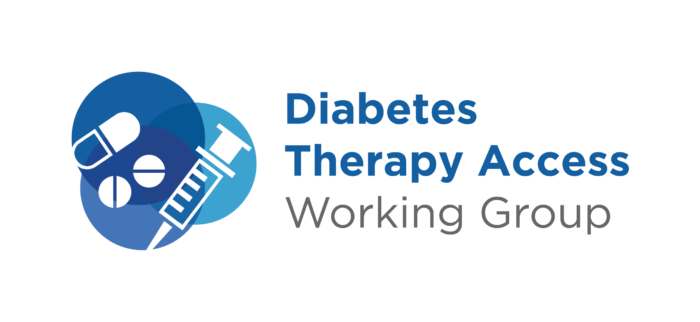Working Group Airs Concerns about Access to Diabetes Care
March 9, 2018
There was a lot of head nodding at the inaugural meeting of the Alliance for Patient Access’ Diabetes Therapy Access Working Group. Especially when the topic turned to non-medical switching.

“Patients get flipped between insulins,” explained Children with Diabetes President Jeff Hitchcock, “and, as often as not, the one that works for them ends up in the high-cost tier.”
“Some health plans are asking 30-50% co-insurance,” Stewart Perry of the National Diabetes Volunteer Leadership Council added, “and a $10,000 or $25,000 out-of-pocket maximum.”
Health plan structures like these pose painful choices for patients, who must decide whether to pay up for the medication they need or risk switching to the one their insurer prefers. And that’s upsetting to the physicians, allied health professionals and advocates who joined the working group’s meeting, held February 24 in Washington, DC.
Some working group members treat patients with diabetes, while others live with the disease themselves or have family members who do. But all identify with the frustrations of men and women with diabetes who struggle to access the care they need. Their stories and concerns came to light throughout the day-long meeting.
Non-medical switching loomed large in the group’s conversation. So did prior authorization.
Linda DiMeglio, MD, recalled receiving a rejection letter for a patient’s medication that gave her only seven days to appeal. By the time she received the letter, the appeal period had expired.
John Anderson, MD, described having to justify his medical opinion to insurance representatives who deny coverage based on subjective grounds. He gave the example of being challenged for prescribing patients over 65 years old a drug that can sometimes cause drowsiness. The drug wasn’t covered because it was “not safe,” the health plan argued.
The prior authorization process also drives a wedge between patient and physician. “It’s a never-ending game,” Eda Cengiz, MD, lamented, noting that, “Patients don’t understand and want to know, ‘What’s the hold up? What’s the problem?’”
After repeated denials, a physician can request a peer-to-peer review. The idea is to allow the prescribing physician to talk through his or her decision with a medical professional of similar background. There’s just one problem. “It’s never your peer,” Sarah Zallek, MD, noted, “They’re never in your field.”
The group’s insights will inform a white paper released by the Institute for Patient Access this spring. Find out more about AfPA’s Diabetes Therapy Access Working Group online.
Tags: Diabetes, Non-Medical SwitchingCategorized in: Blog

